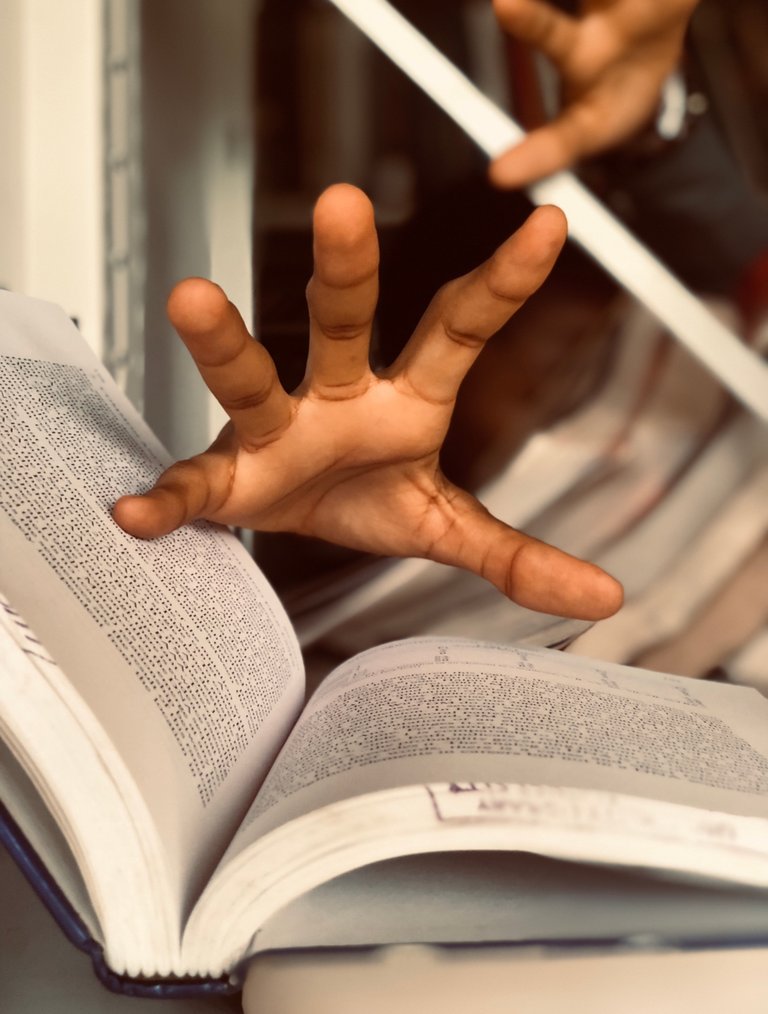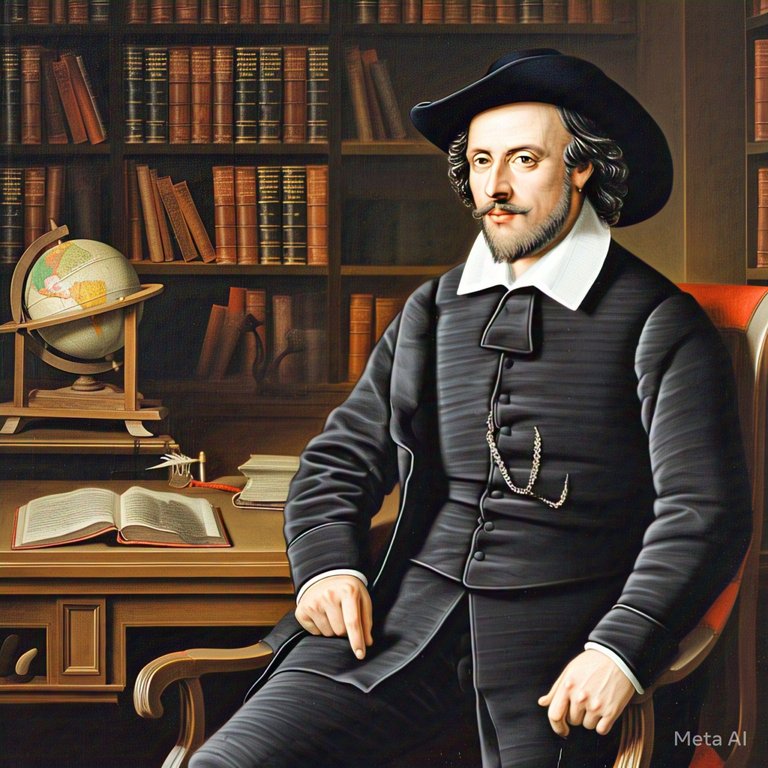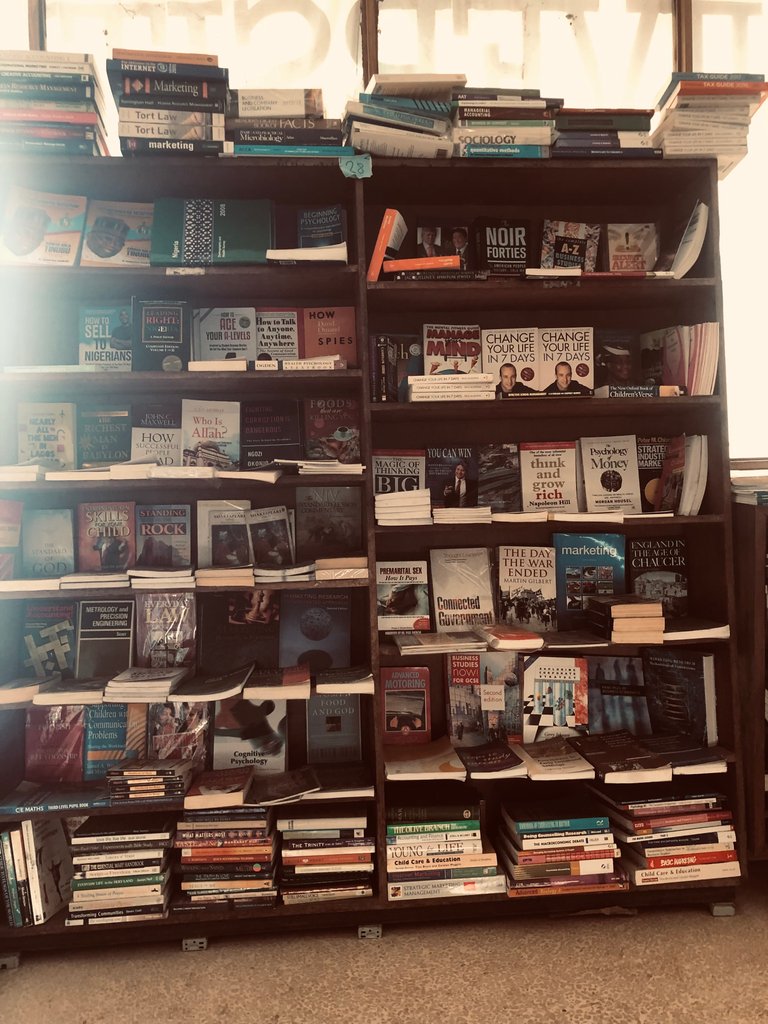Shakespeare’s Works: A Blueprint For The Future?

Have you ever read an old book that accurately predicts the future? Imagine reading a book written 100 years before the world war that talks about the world war. Or a book that was written in the 18th century, discussing about phones and technological gadgets. It can even be accurate enough to narrow it down to the trending gadgets in today’s world- Apple or Samsung products. Sometimes, I like to view authors, particularly literary writers as magicians, you know, seers in their own worlds. Their pens, papers, and imaginations are their magical tools. It is really fascinating how they use their imaginations to envision what the future might hold. Some books and movies have accurately predicted the future, leaving readers and viewers in awe about how they managed to do so.

Today’s Inleo prompt is an interesting one; What’s an old book or movie that accurately predicted the future? When I saw this topic, I instinctively knew I would find it interesting to write about. Firstly, it is a prompt about books. So, naturally, I’d find it interesting and enjoyable. Secondly and more importantly, I was excited when I saw today’s topic because we'd been discussing this topic in school for about 2 weeks now. In school, one of my courses is Shakespeare. Basically, we are exploring all of Shakespeare's works, and in the past two to three weeks, we have been discussing how he has managed to predict the future. Maybe not accurately, but right to some extent.

One of the reasons why William Shakespeare is regarded as the greatest writer in the history of English literature is because his works predict the future. William Shakespeare managed to anticipate issues that are relevant in today’s world. It seems like he took a peep into the future and came back to write about them. In The Merchant of Venice, William Shakespeare anticipates issues that are relevant in today's world, one example being the issue of racism or discrimination. We are in the 21st century, where discrimination persists in almost every country. The most common form is discrimination against people of other races (racism). There are also other types of discrimination, such as class discrimination based on social status and ethnic discrimination, which is prevalent in my country.
The most interesting thing is that racism wasn't prevalent during Shakespeare’s time, but somehow, he managed to predict that it'd be a big issue in the future. Through characters the character of Shylock, a Jewish moneylender. In the book, Jews were regarded as an ill of the society and were discriminated against. An instance is when shylock faces verbal abuse from Antonio. Antonio treats Shylock like an outcast simply because he was a “Jew.” Shylock responds with this (one of Shakespeare’s most popular quotes) “Hath not a not eyes? If you prick us, do we not bleed? If you tickle us, do we not laugh? If you poison us, do we not die?" By asking these questions, Shylock argues that both Jews and non-Jews are the same, challenging the stereotypes and mistreatment.

The Merchant of Venice by William Shakespeare also explores gender issues that are relevant in today’s world. Shakespeare wrote about these issues more than 400 years ago, and interestingly, they are evident in today’s world. In the Merchant of Venice, limitations were placed on women. For example, Portia lacks control over her own life, especially in the aspect of marriage. According to her father’s will, Portia must only marry anyone who passes the puzzle. By doing this, her father strips her and her right to choose whoever she wants to marry. However, through her cleverness, Portia manages to bypass these limitations. At the beginning of the play, women are depicted as weak and helpless. However, as the narrative progresses, we see women standing up for their rights, which is evident in today’s world.

In conclusion, William Shakespeare’s Merchant of Venice and others, explore timeless themes that are evident in today’s world, making it one of the reasons why he is regarded as one of the greatest writers.
Second image generated using MetaAi
Thanks for reading.
Posted Using INLEO
I tried reading some Shakespeare books and would always find my mind muddled all the time by unfamiliar speech. Well, that was before I finally got a hang of it. I think I'm ready to battle that conundrum now, especially since I have had special courses with some very historical themed novels.
William Shakespeare was an incredible author whose works still outlives him centuries later. I haven't read this one, although we got many of his works as school assignments (I did not read, I read to enjoy not for duty) and intermittently failed some (if not most) of them. Well, now is a different story.
Thank you for sharing.
Honestly, the first time I read one of his books, the whole thing was distorted in my head. Like you, I finally got a hang of it. Now, I enjoy reading his works, especially his plays.
You should read this one, Deraa.
Thanks for stopping by.